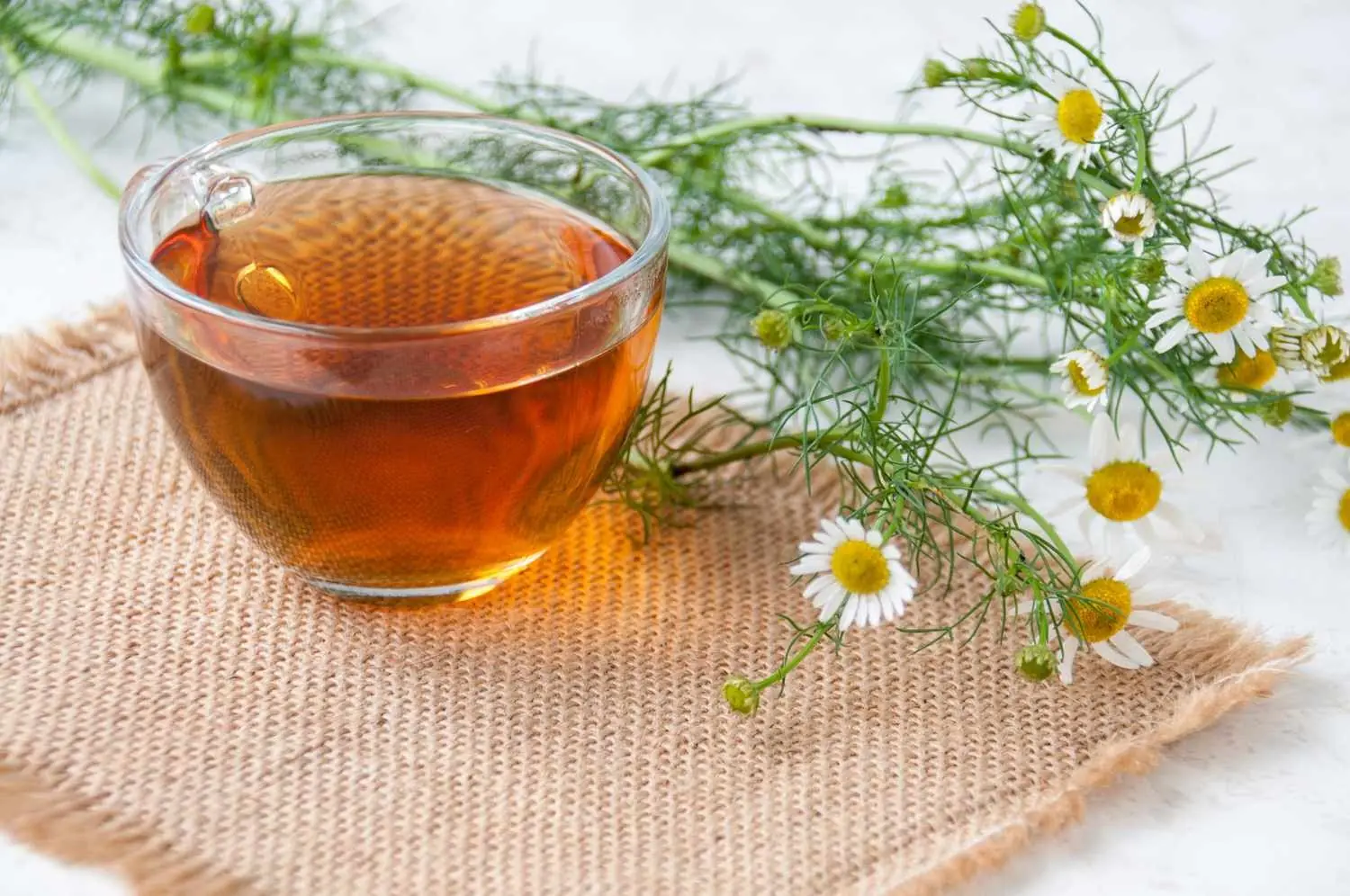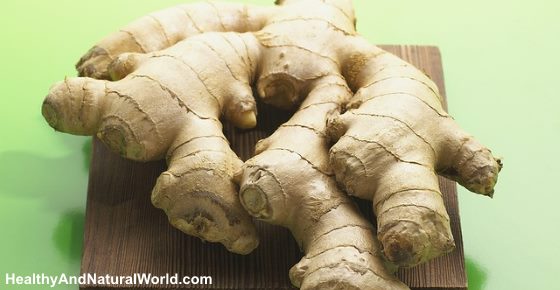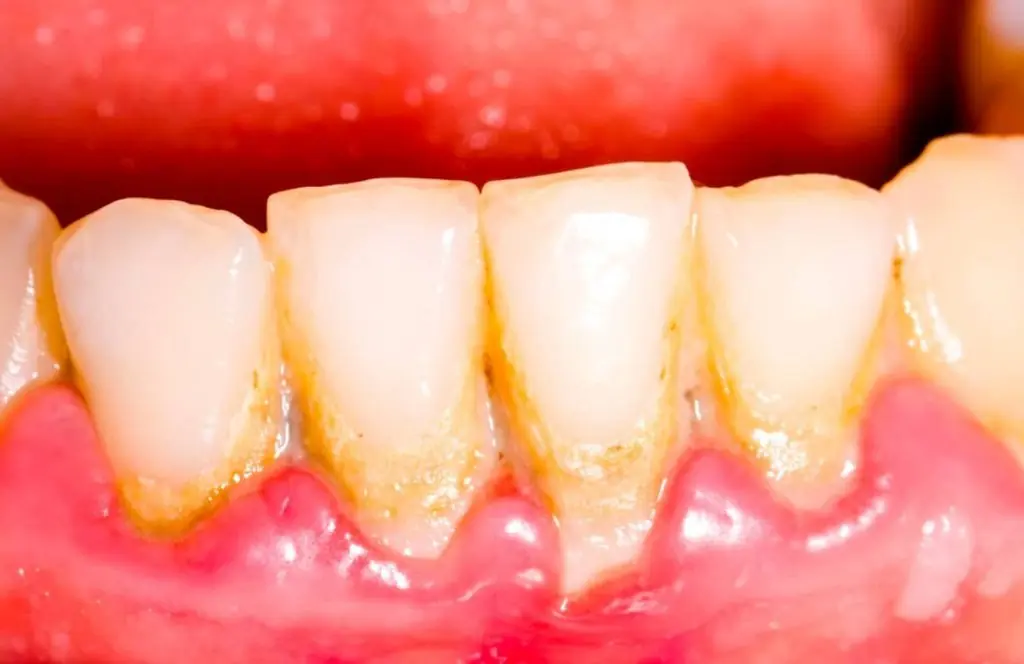
Ginger Should Be Avoided When Taking Certain Medications or Having Certain Health Conditions
Ginger root is one of nature's most powerful healing plants, renowned for both its distinctive flavor and health benefits. For thousands of years, it has been used as a spice and natural remedy across various cultures, especially in Asia. However, while ginger offers remarkable medicinal qualities, it should be used cautiously, as it might not be suitable for everyone. Could you be one of those who should limit or avoid ginger consumption? Continue reading to find out.
Ginger's Remarkable Healing Properties
As highlighted in my previous writings and e-book The Herbal Remedies Guide, ginger has long been recognized for its health-promoting benefits. Its ability to soothe an upset stomach, improve digestion, alleviate pain, and even combat cancer cells has made it a widely used remedy.
Generations of people, from ancient Asians to modern-day health enthusiasts, have praised ginger for its versatility. Whether it's used as a food ingredient, in a supplement, or as an herbal medicine, ginger's potential for healing is impressive. However, it’s crucial to note that ginger isn't the best option for everyone. Below are specific situations where ginger should either be avoided or consumed in moderation.
When Should You Avoid Ginger (or Limit Its Intake)?
According to WebMd, ginger can interact negatively with certain medications, making it unsuitable for people with specific health conditions. Individuals with diabetes, high blood pressure, and clotting disorders need to be cautious about incorporating ginger into their health regimen.
1. People on Blood-Thinning Medications
Ginger has a blood-thinning effect, which can interfere with medications prescribed to prevent blood clotting, such as warfarin or aspirin. If you're on blood-thinning medications or have a bleeding disorder, it's essential to consult with your healthcare provider before adding ginger to your routine.
2. Diabetic Individuals
Ginger naturally lowers blood sugar, which can be beneficial for people with type 2 diabetes. However, for those on diabetes medications like Metformin or insulin, ginger could potentially lower blood sugar levels too much, leading to hypoglycemia. If you have diabetes, talk to your doctor to ensure ginger won't interfere with your medication or blood sugar control.
3. Individuals Taking High Blood Pressure Medications
Ginger may interact with certain medications used to control hypertension, such as calcium channel blockers (e.g., Norvasc, Cardizem). This interaction can cause a significant drop in blood pressure and heart rate, which may lead to irregular heartbeats or other complications. Always check with your doctor before using ginger if you're on high blood pressure medication.
Ginger and Gallstones
People suffering from gallstones should be cautious with ginger consumption. The gallbladder stores bile that helps break down fats in the digestive system. When ginger is taken in excess, it can stimulate the gallbladder, leading to increased bile production and contractions. This may aggravate gallstones, potentially causing them to move into the bile ducts and block bile flow, which could require emergency surgery.
Although some practitioners of traditional Chinese medicine recommend ginger to treat gallstones due to its bile-stimulating properties, it’s essential to consult your healthcare provider if you have gallbladder disease. If you're struggling with gallstones, lemon water might be an alternative remedy to help dissolve them.
Ginger and Pregnancy
The use of ginger during pregnancy remains a topic of debate. Some studies have raised concerns that ginger could affect fetal sex hormones or even contribute to miscarriage, particularly when taken in early pregnancy. However, numerous studies have suggested that ginger is safe for treating morning sickness without posing harm to the baby.
The risk of major malformations or complications in babies born to mothers who consumed ginger during pregnancy does not appear to be higher than the average rate. Nonetheless, experts caution against using ginger too close to delivery, as it could increase the risk of bleeding. As with any medication during pregnancy, it is crucial to weigh the benefits and risks. Consult your healthcare provider before using ginger to treat morning sickness or other symptoms.
Recommended Ginger Consumption
Ginger is generally well-tolerated by most people and can be incredibly helpful in treating minor ailments like nausea, vomiting, and arthritis pain. According to Maryland Medical Center, the recommended daily intake of ginger for people without underlying medical conditions is up to 4 grams of powdered ginger. Pregnant women should limit their intake to no more than 1 gram per day.
Ginger is versatile, and you can consume it in either fresh or powdered form. Ground ginger is more concentrated than fresh, with one tablespoon of fresh ginger equaling about 1/4 teaspoon of dried ginger.
Creative Ways to Incorporate Ginger Into Your Diet
Ginger can be used in a variety of ways to harness its healing benefits. Try making an anti-inflammatory drink or incorporating ginger into recipes to treat over 60 different health conditions. Its versatility in both culinary and medicinal applications makes it an excellent addition to any healthy lifestyle.
Remember, while ginger is a fantastic natural remedy for many, it’s essential to use it wisely, considering your individual health needs and medical conditions. Always consult with a healthcare professional before introducing a new supplement or remedy to ensure it’s right for you.
News in the same category


15 Early Warning Signs That Cancer Is Spreading In Your Body

Natural Ways to Remove Dental Plaque That Are Never Shared in Clinics

Chagas Disease and the Fight Against Nighttime Bugs

Scientists Share Breakthrough Findings From Male Birth Control Pill Trial And Explain How It Actually Works

7 Warning Signs of Lung Cancer You Shouldn’t Ignore

80% of Heart Attacks Can Be Prevented—Just Do These 5 Easy Things

Vaping Dangers: Popcorn Lung, Cancer, Hypertension, Brain Damage and More

Warning Signs of Zinc Deficiency and How to Cure It

Is It Safe to Wear Underwear Two Days in a Row? Experts Weigh In

Just one spoon and you’ll run to the bathroom

Cinnamon and Honey: The Most Powerful Remedy Even Doctors Can’t Explain

Why Does the Vag.ina Smell Sour? 4 Real Reasons Every Woman Should Know

Experts Uncover the Worst Sleep Position for Your Body—And Most People Still Use It!
Your sleeping habits - especially your position - can either restore or undermine your health.

Doctor Issues Your Beloved Air Fryers May Pose Cancer Risk — Urges People To Stop Using Them
Dr. Desai’s statement has stirred up intense debate online. Some viewers applauded her for raising awareness, while others remained skeptical.

8 Foods That Help Eliminate C@ncer Cells

Fibromyalgia: Symptoms and 8 Natural Ways to Manage It

The Deficiency of These Vitamins Contributes to Panic Attacks

8 Signs Your Oxygen Levels Might Be Too Low
News Post

6 Powerful Teas That Will Instantly Reduce Inflammation and Boost Your Health

15 Early Warning Signs That Cancer Is Spreading In Your Body

Natural Ways to Remove Dental Plaque That Are Never Shared in Clinics

Test Your Color Vision: Can You Read These Words?

Chagas Disease and the Fight Against Nighttime Bugs

Scientists Share Breakthrough Findings From Male Birth Control Pill Trial And Explain How It Actually Works

Should You Turn Off WiFi and Bluetooth at Night?

7 Warning Signs of Lung Cancer You Shouldn’t Ignore

80% of Heart Attacks Can Be Prevented—Just Do These 5 Easy Things

Vaping Dangers: Popcorn Lung, Cancer, Hypertension, Brain Damage and More

Warning Signs of Zinc Deficiency and How to Cure It

Insane amount of money viral 'Storm Area 51' stunt cost the US military

Scientists explain 'puzzling blob' heading straight for New York City that's hidden 200 kilometers below our feet

The Second Lunch: How One Quiet Act Sparked a Schoolwide Movement.

The Wild Soul Who Chose Me: A Farewell to Nawty.

My Husband Said He Was Helping His Brother Fix the Roof After Work for Two Weeks – Then I Ran Into My SIL and Heard the Shocking Truth

My New DIL Shamed My Granddaughter Over a 'Cheap' Gift – She Didn't Expect the 'Surprise' I Had in Store for Her

At Our Baby's Christening, My FIL Ran Into the Church and Screamed, 'Stop! This Is the Wrong Baby!'
